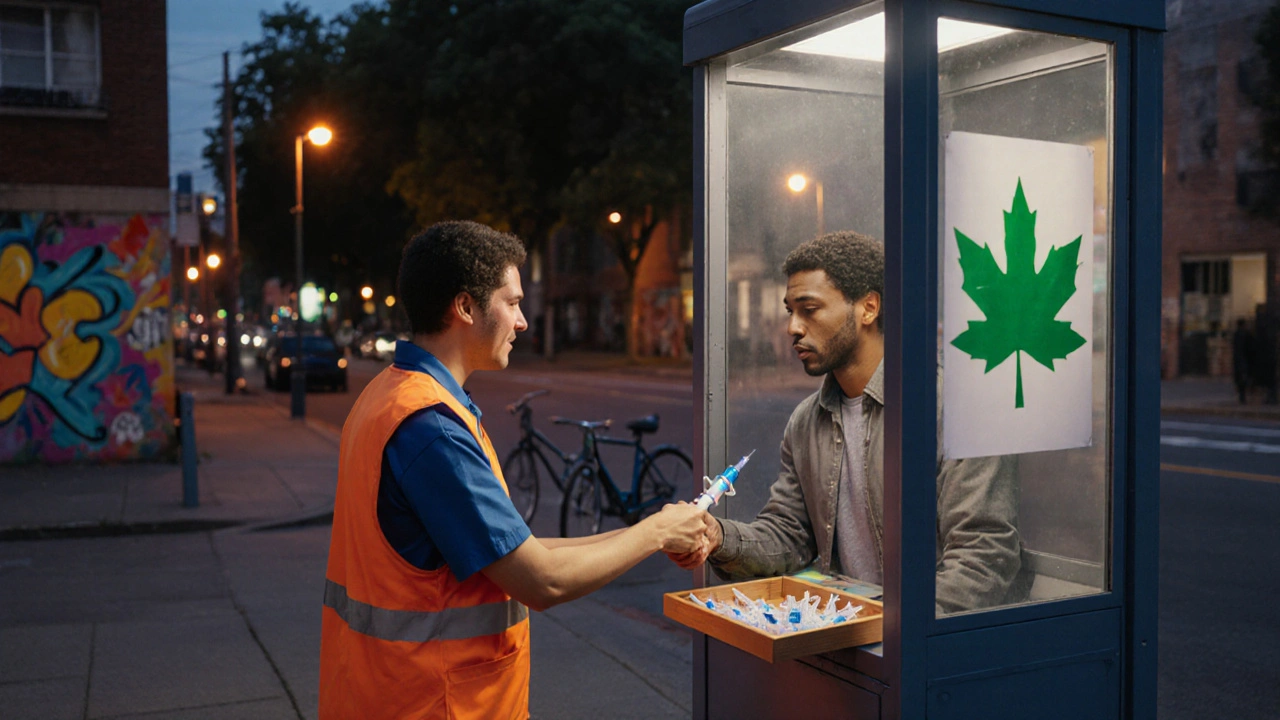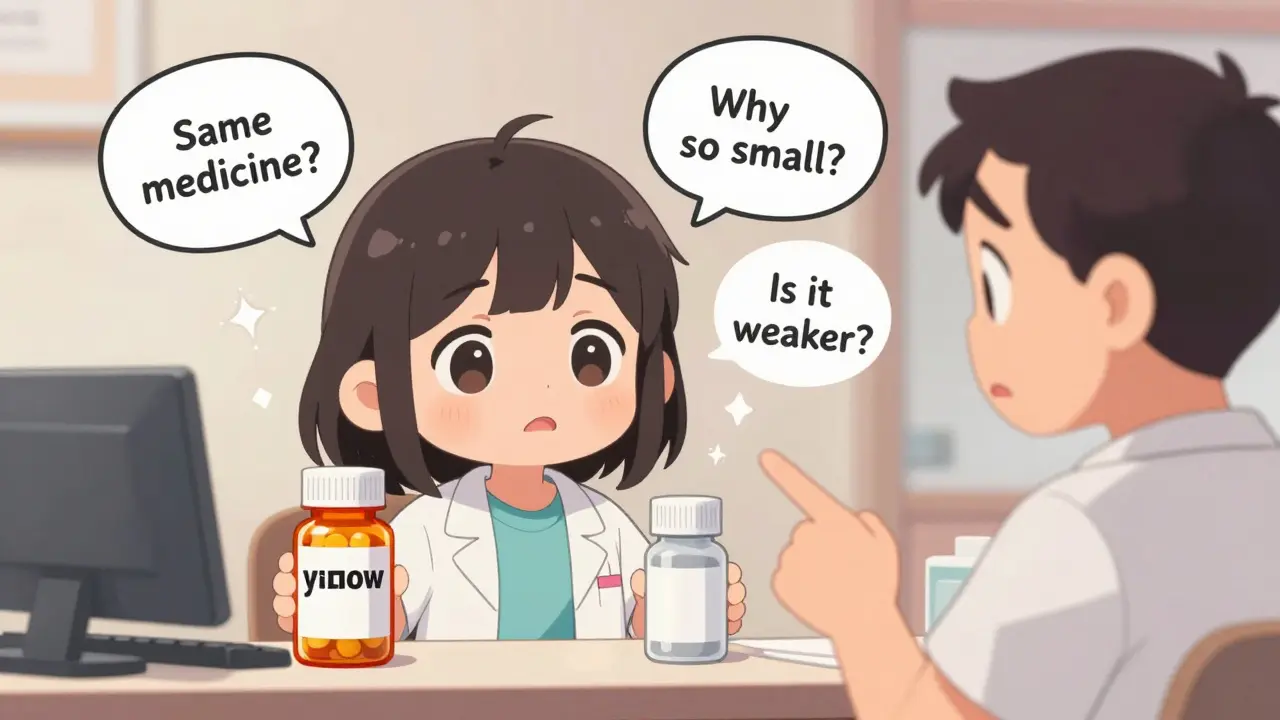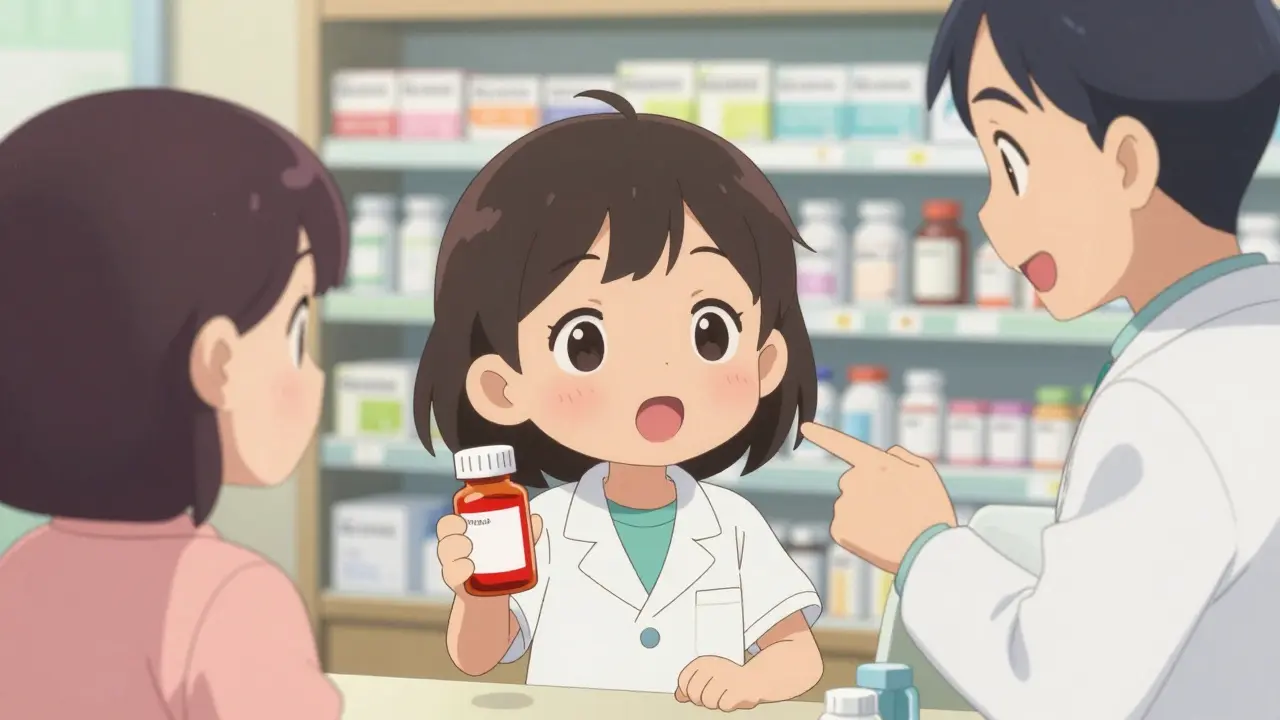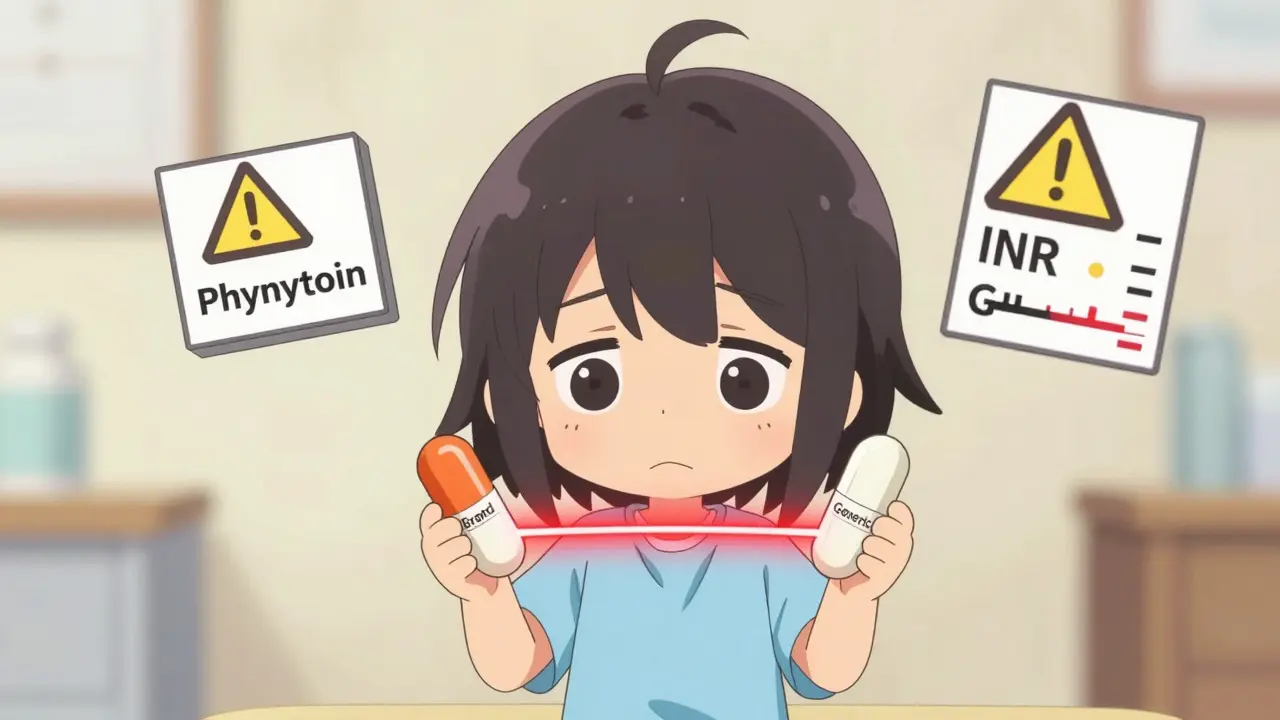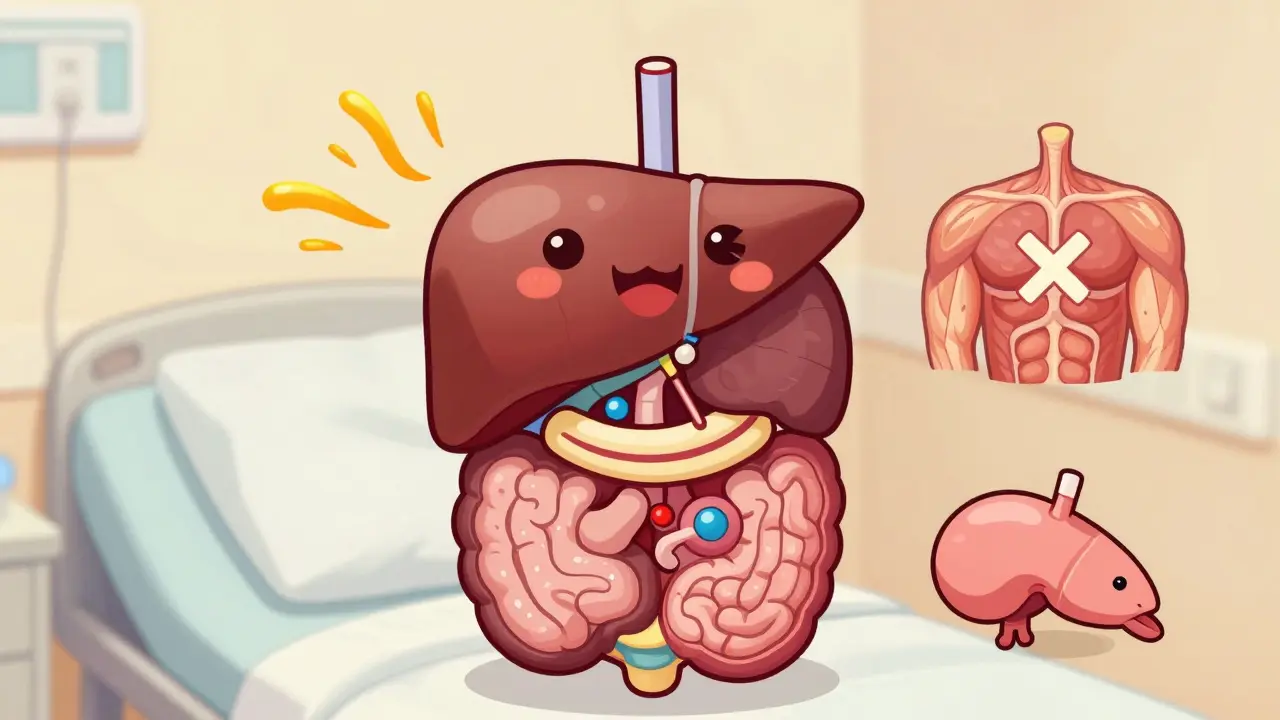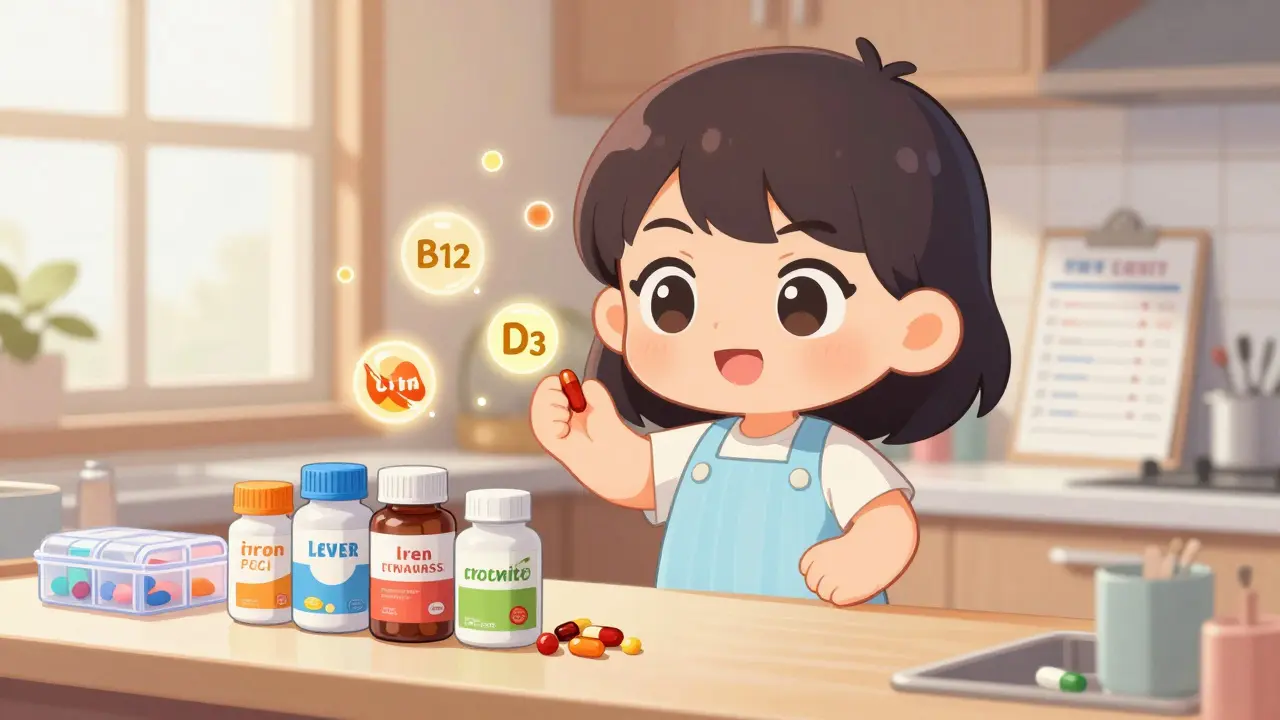Injection Drug Users: Understanding Risks and Support Options
When talking about injection drug users, people who regularly administer substances using needles or syringes. Also known as IDUs, it represents a distinct population facing medical, social, and legal challenges. Harm reduction is a public‑health approach that aims to lower those challenges without demanding abstinence, and it often includes clean‑needle distribution, education, and counseling. Central to harm reduction are needle exchange programs, which provide sterile equipment, safely collect used needles, and connect users to health services. These programs reduce the spread of blood‑borne infections like HIV and hepatitis C. Another key factor is opioid addiction, a condition that drives many to inject drugs and that requires medication‑assisted treatment, counseling, and long‑term support. The relationship between injection drug use and HIV transmission is well‑documented: sharing needles dramatically increases infection risk, making safe‑injection practices essential. Understanding these entities helps you see how they interlock: injection drug users require harm‑reduction services, needle exchange supplies the tools, opioid addiction treatment addresses the root cause, and HIV prevention safeguards health.
Key Concerns and Practical Steps
One major concern for injection drug users is overdose. Access to naloxone kits, training on how to administer the antidote, and community awareness can save lives. Equally important is mental‑health support; many users battle depression, anxiety, or trauma that fuel substance use. Linking them with counseling and peer‑support groups creates a safety net that encourages recovery. Nutrition often gets overlooked, yet proper diet improves immune function and aids medication effectiveness. Simple steps—regular meals, hydration, and vitamin supplementation—can make a tangible difference. For those worried about legal repercussions, knowing local policies around needle possession and drug paraphernalia can reduce fear of police encounters. Some regions offer legal protections for participants in needle exchange schemes, which encourages honest engagement with health services. Finally, employment and housing stability are strong predictors of long‑term health; programs that combine job training with safe‑housing initiatives give injection drug users a pathway out of the cycle.
Below you’ll find a curated set of articles that dive deeper into each of these areas. From step‑by‑step guides on buying safe generic medications online to detailed overviews of specific treatments, the collection offers practical tools you can use right away. Whether you’re a user looking for safer practices, a caregiver seeking reliable information, or a professional exploring harm‑reduction resources, the posts ahead provide clear, actionable insight tailored to real‑world needs.
